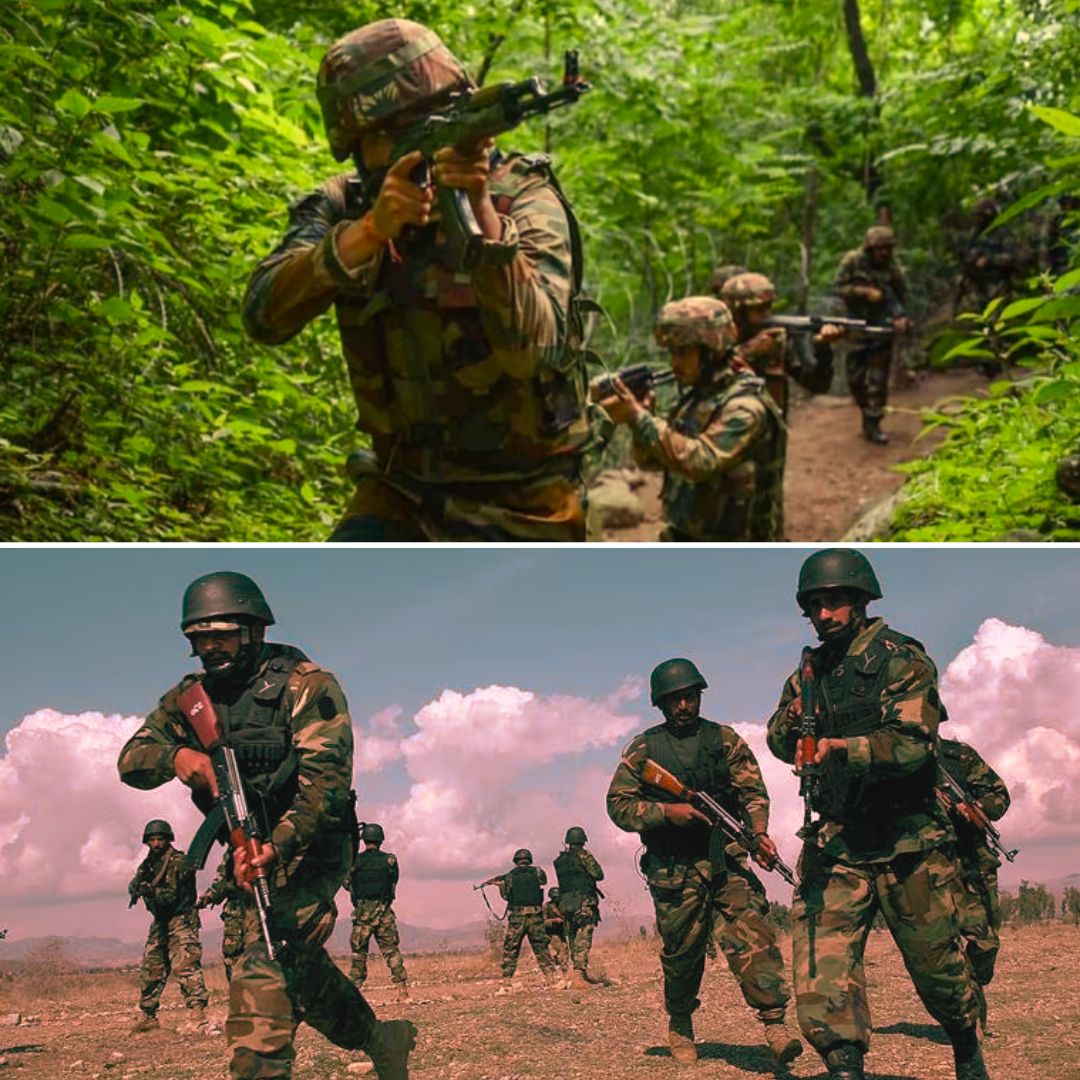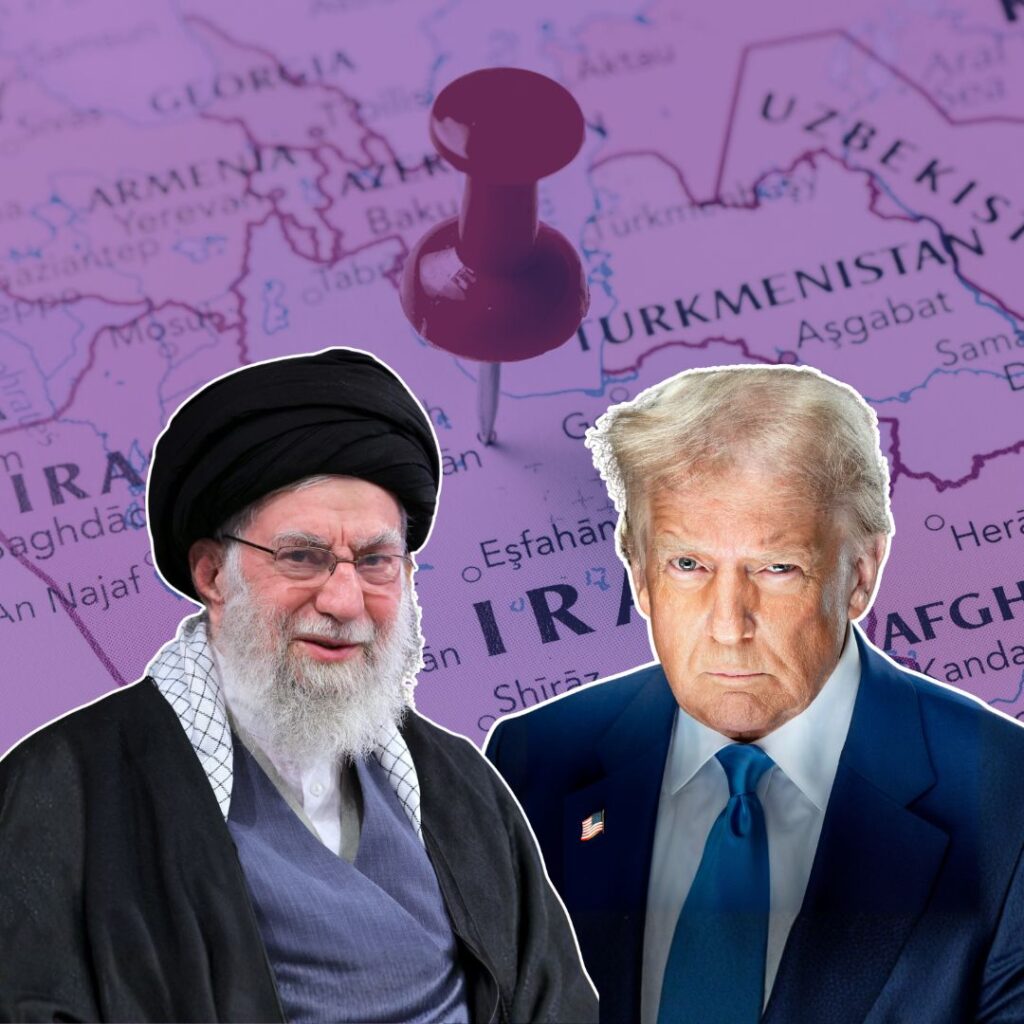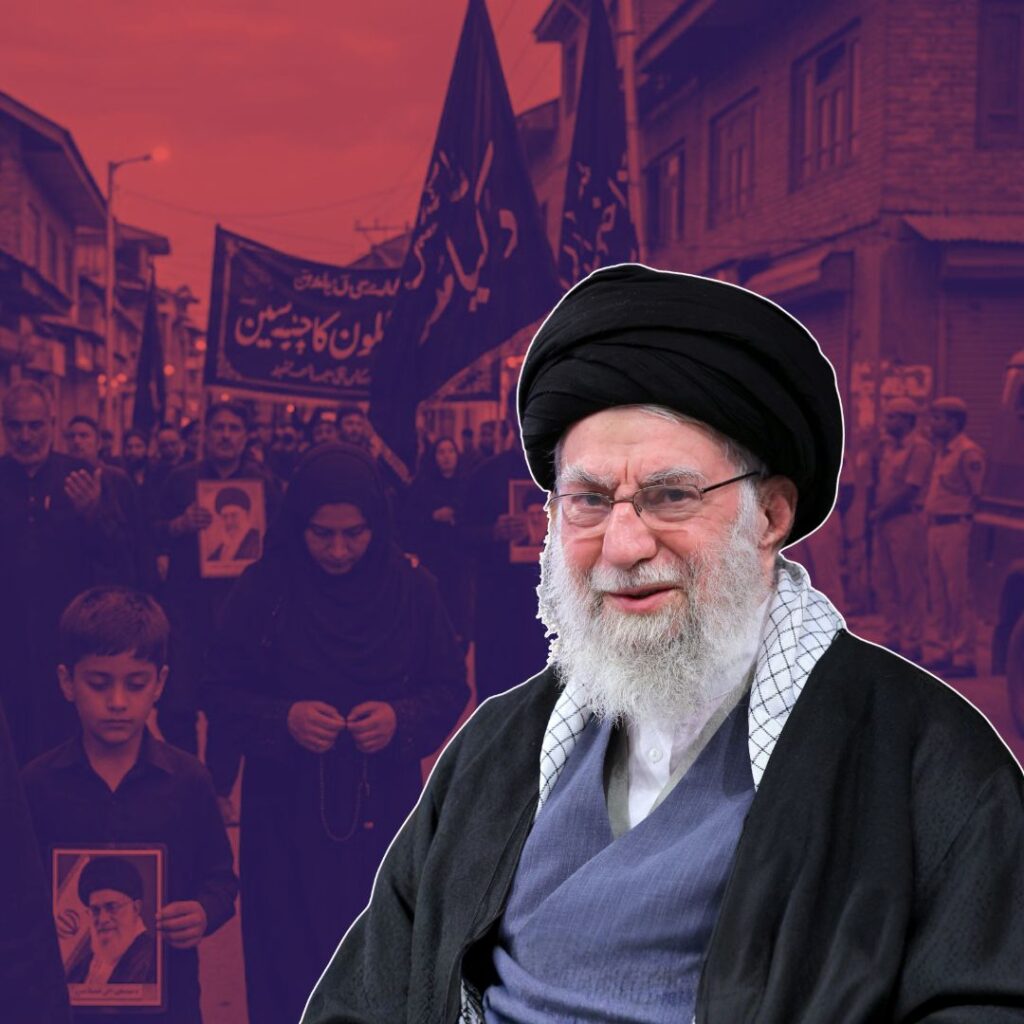On April 1, 2025, the Pakistan Army violated the ceasefire agreement by crossing the Line of Control (LoC) in Jammu and Kashmir’s Poonch district, initiating unprovoked firing and causing a mine blast in the Krishna Ghati sector. Indian troops retaliated effectively, injuring five Pakistani soldiers in the exchange of fire.
The Indian Army confirmed that the situation is under control and reiterated its commitment to peace as per the 2021 ceasefire understanding. This incident is part of a series of violations aimed at facilitating terrorist infiltration.
Indian Army’s Retaliation and Latest Updates
The incursion occurred around 1:30 PM on April 1, with Pakistani troops targeting Indian positions in Krishna Ghati. Defence PRO Lt Col Suneel Bartwal stated that Indian troops responded in a “controlled and calibrated manner,” ensuring no casualties on their side.
Intelligence sources revealed that five Pakistani soldiers were injured during India’s retaliation. The Indian Army remains vigilant, monitoring the area closely while adhering to the ceasefire agreement signed in 2021.
Recurring Violations and Regional Impact
This latest breach follows a pattern of ceasefire violations by Pakistan aimed at aiding terrorist infiltration under cover fire. Notable incidents include a violation in September 2023 that killed a BSF trooper in Akhnoor and another in November 2023 where an Indian soldier was fatally shot in Samba.
These provocations have caused panic among civilians living near the LoC, with many forced to migrate to safer locations due to mortar shelling targeting residential areas.
International and Domestic Reactions
The renewed tensions along the LoC have drawn concern from international observers and political leaders within Jammu and Kashmir. While India has consistently adhered to peace agreements, it has emphasised that Pakistan must create a conducive atmosphere free of terror and hostility for meaningful dialogue.
The ceasefire agreement of February 2021 was hailed as a positive step globally, but repeated violations threaten its efficacy.
The Logical Indian’s Perspective
These developments underscore the urgent need for sustained dialogue and mutual trust between India and Pakistan to ensure long-term peace. While retaliation may be necessary for national security, fostering coexistence through diplomacy is vital for regional stability.
How can both nations work towards reducing such incidents while prioritising civilian safety? We invite our readers to share their thoughts and engage in constructive discussions to promote harmony.











